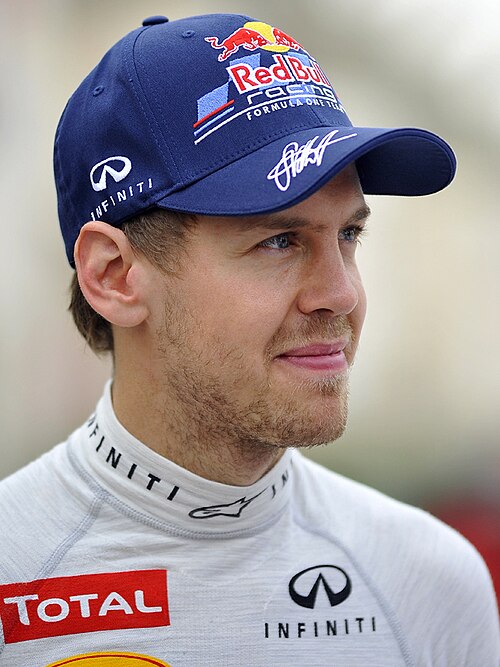$17 Billion Bid Approved: Chalerm Yoovidhya Sells 51% Stake, Elon Musk Becomes Largest Shareholder in Red Bull Racing.
In a groundbreaking development that has sent shockwaves through both the motorsport and business worlds, Red Bull Racing has officially approved a $17 billion bid that results in Chalerm Yoovidhya, the Thai billionaire and co-founder of Red Bull GmbH, selling his 51% stake. The buyer? None other than tech mogul Elon Musk, who now emerges as the largest shareholder in Red Bull Racing.
The news was confirmed earlier today following weeks of intense speculation about a potential shake-up at the top of the Formula 1 powerhouse. According to insiders, Musk had been quietly negotiating behind closed doors, leveraging his substantial wealth and influence to orchestrate the historic takeover.

Chalerm Yoovidhya, who had long maintained a relatively low public profile despite his enormous stake in Red Bull’s global empire, agreed to the deal after several months of consideration. Reports suggest the decision was influenced by his desire to step back from active business commitments and focus on personal ventures. By divesting his shares, Yoovidhya effectively opens a new chapter for Red Bull Racing—one now dominated by Musk’s ambitious vision.
Elon Musk, already a dominant figure in the technology, automotive, and aerospace industries, now adds one of Formula 1’s most successful teams to his expansive portfolio. In a brief statement, Musk expressed his excitement:
“Red Bull Racing has been a symbol of innovation, passion, and pushing limits—principles I live by. I’m thrilled to be a part of its next chapter and look forward to blending cutting-edge technology with the spirit of competition.”
Industry analysts predict that Musk’s involvement could bring sweeping changes to Red Bull Racing’s operations. Sources close to Musk hint at greater investment in sustainable technology and advanced AI-driven performance analytics—areas where Musk’s companies, such as Tesla and SpaceX, have already broken new ground.
The move is not without controversy. Traditionalists in the F1 world have voiced concerns about whether Musk’s unconventional approach might disrupt the carefully tuned balance that Red Bull Racing has established over the years. Team principal Christian Horner, however, struck an optimistic tone during an impromptu media session, stating:
“Change can be challenging, but it can also bring enormous opportunities. Elon’s record of innovation speaks for itself. We’re excited to explore what this partnership can achieve for Red Bull Racing.”
Red Bull Racing, founded in 2005, has grown into a Formula 1 powerhouse, boasting multiple Constructors’ and Drivers’ Championships. The team, fueled by aggressive innovation and bold strategy, has dominated recent seasons, thanks to star drivers and a strong leadership structure.

Musk’s investment comes at a time when Formula 1 is aggressively expanding its global reach, particularly in the United States—a market Musk already influences heavily through his various ventures. Some believe Musk’s ownership stake could serve as a bridge between F1 and Silicon Valley, ushering in a new era of technological synergies.
As the dust settles on this massive deal, all eyes will be on how Red Bull Racing adapts under Musk’s partial control—and whether the team can maintain its competitive edge while navigating an era of bold transformation.


